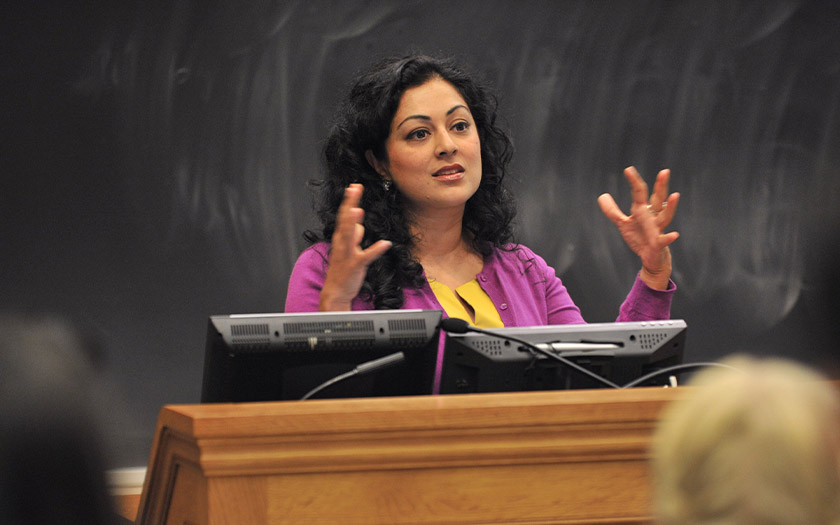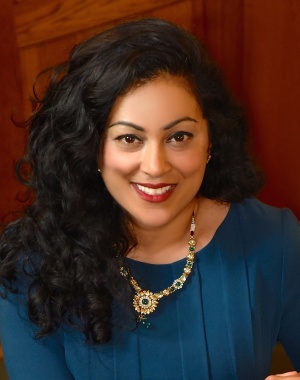
Fifty years ago, the Asilomar Conference on Recombinant DNA convened 140 life scientists from the U.S. and the UK to anticipate potential risks in the emerging biotechnology field to help inform rules and regulations. The conference was celebrated as a success in scientific self-regulation.
In a recent editorial published in Science, Shobita Parthasarathy challenges this view, suggesting that the conference may have hindered scientists’ ability to genuinely consider global public concerns about new technologies.
“[The conference] has been highly regarded by scientists as a model of scientific self-regulation,” Parthasarathy noted. She critiques the narrow focus of its participants, which “reinforced the idea that only those with relevant scientific expertise should guide regulations for controversial new technologies, and that physical risks should be the primary concern.”
The scientists at the conference failed to anticipate the complex controversies that later emerged around the world. In particular, countries in the Global South perceived the challenges differently and initiated their own governance models. Civil society groups and think tanks engaged local farmers. Some governments contested intellectual property rights associated with genetically modified crops. This led to varied regulatory outcomes, including moratoria and bans on certain biotechnologies.
Western scientists dismissed the Global South’s historical experiences and understanding of the issues.
“These responses missed the opportunity to see broader connections between technology, politics, economics, culture, health, and the environment, an approach that likely would have enhanced public trust in postcolonial countries as well as in the Western world,” Parthasarathy wrote.
To achieve more trustworthy and responsible science and technology policy, Parthasarathy calls for a more inclusive approach to technology governance, emphasizing the need for scientists and policymakers to recognize the validity of diverse global perspectives.
>>Read the full editorial in Science.
Shobita Parthasarathy is the director of the Science, Technology, and Public Policy Program at the Ford School of Public Policy. She will speak on a special panel at the American Association for the Advancement of Science in February 2025.
